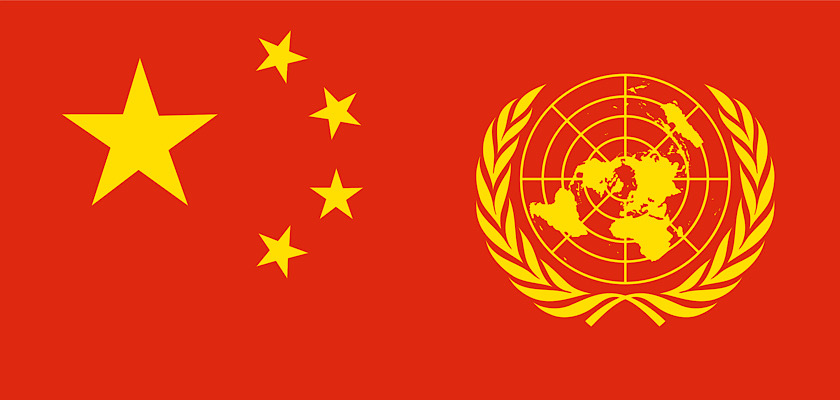Earlier this month, China nominated a candidate to become the next leader of the United Nations’ (UN) World Intellectual Property Organization (WIPO). WIPO administrates the Uniform Domain Name Dispute Resolution Policy (UDRP) – a policy that allows copyright holders to seize web domains and has been criticized for its excessive clampdowns against domain holders.
Concerns over China exporting its censorship through US companies have been on the rise over the last few months. If China’s candidate is elected as the head of WIPO, it would give China greater influence over the UDPR and the associated confiscation of domains under this policy.
Critics of UDPR include digital rights group the Electronic Frontier Foundation (EFF) which describes it as a policy that has “been used to clamp down on legitimate parody and criticism in ways that domestic trademark law would not allow.”
Other critics have highlighted that most UDPR cases have resulted in “an expansive interpretation of the rights of the trademark holder” and inflated the definition of “bad faith” – a definition that is used to seize domains under UDPR.
China’s candidate to head WIPO is Wang Binying – a Chinese national who is the current deputy director-general for WIPO’s Brands and Designs Sector.
“Those who work for her like her, by and large,” said a former WIPO staffer. “The problem is that she might come under very strong pressure from her government to hand over the keys, so to speak. … She may be forced into taking a pro-China approach.”
Wang will compete against six other candidates:
- Daren Tang (Singapore): The head of Singapore’s Intellectual Property Office
- Kenichiro Natsume (Japan): A senior official in WIPO’s Legal and International Affairs Department
- Saule Tlevlessova (Kazakhstan): The president of the Eurasian Patent Organization
- Edward Kwakwa (Ghana): A senior director in WIPO’s Department for Traditional Knowledge and Global Challenges
- Marco Alemán (Colombia): WIPO’s top patent lawyer
- Dámaso Pardo (Argentina): The president of Argentina’s National Institute of Industrial Property
The agency’s current Australian director-general, Francis Gurry, is stepping down in September 2020 and the election which determines his successor will take place next year on March 5 and 6.
The possibility of China leading WIPO and having more control over UDPR comes after several major US companies have been criticized for censoring at the behest of China.
In October, Apple ignored US lawmakers and banned a Hong Kong safety app from its App Store – a decision that caused Hong Kong’s IT legislator Charles Mok to consider whether Apple is becoming “an accomplice for Chinese censorship and oppression.”
Video game publisher Blizzard was also slammed after it banned professional Hearthstone player blitzchung from the 2019 Hearthstone Grandmasters Official Competition after he vocally supported the pro-democracy Hong Kong protestors during an official stream.













